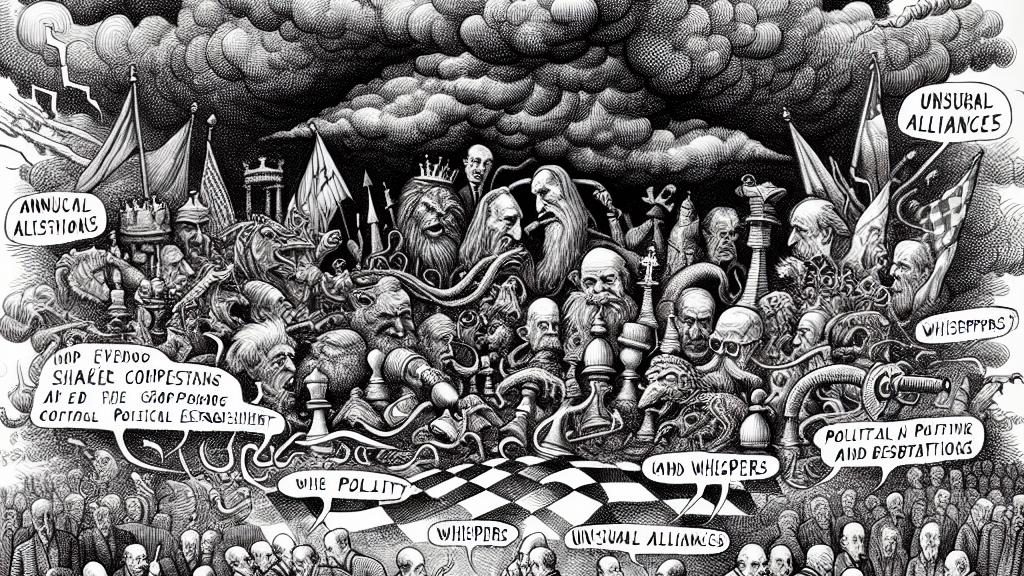Political Turmoil in France Following Government Ouster
Overview
- France's government has been dramatically ousted in a no-confidence vote, a rare occurrence that showcases deep political rifts.
- This upheaval raises pressing questions about the future of governance and budget planning in a nation facing economic challenges.
- The crisis in France could significantly impact the broader dynamics of the European Union, as member states wrestle with their own political instability.

The Context of the Political Crisis
In a shocking political maneuver, Prime Minister Michel Barnier's government was ousted via a no-confidence vote, marking a pivotal moment in France's political landscape. This is no small feat; it’s the first time in over sixty years that such a vote has successfully removed a sitting government! It highlights an alarming trend: the deep polarization within the French political spectrum that has led to unusual alliances, as far-right and left-wing lawmakers have come together against Barnier. This phenomenon is echoed in other Western democracies, such as the UK's tumultuous experience under Boris Johnson—a situation riddled with scandals that weakened his grip on power. One must ask: will similar crises continue to unfold in the unstable political climate of Europe?
Immediate Consequences for Governance
Now, let's delve into the consequences of this tumultuous change in governance. With Barnier expected to resign imminently, France finds itself in uncharted waters, facing immediate challenges in passing crucial initiatives. The upcoming 2025 budget not only needs to address soaring economic concerns but also requires a stable political environment to facilitate its approval. Without a functioning government, vital legislation could be delayed indefinitely, exacerbating the financial strain felt by ordinary citizens. This situation resonates profoundly, as the ramifications extend beyond French borders, posing a significant challenge to the European Union, which is already struggling with its legislative agenda amid various crises.
Broader Impacts on European Politics
The fallout from this political crisis in France could send shockwaves throughout the entirety of Europe. Consider how the political climate has already shifted, with the recent collapse of Germany’s coalition government adding fuel to the fire of insecurity on the continent. Political leaders across Europe must recognize the interconnected nature of their challenges; chaos in one nation inevitably affects another, creating an intricate web of instability. As the European Union braces itself for the uncertainties ahead—particularly with the looming U.S. presidential elections—now is the time for EU leaders to come together and seek pathways toward stability. The stakes have never been higher, and navigating this evolving landscape will require both wisdom and decisive action.

Loading...